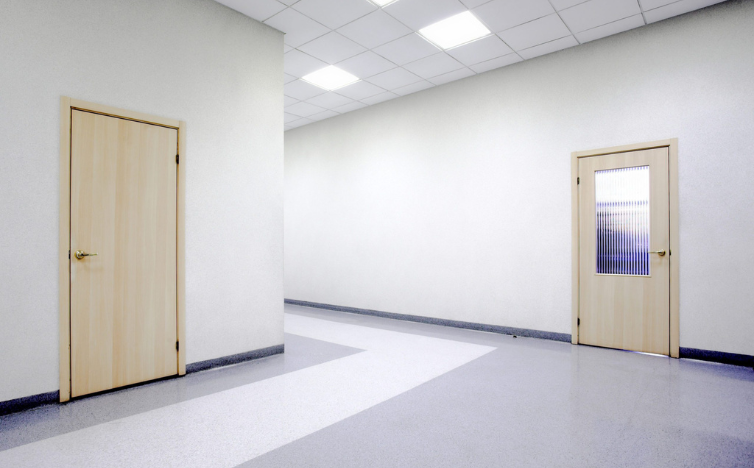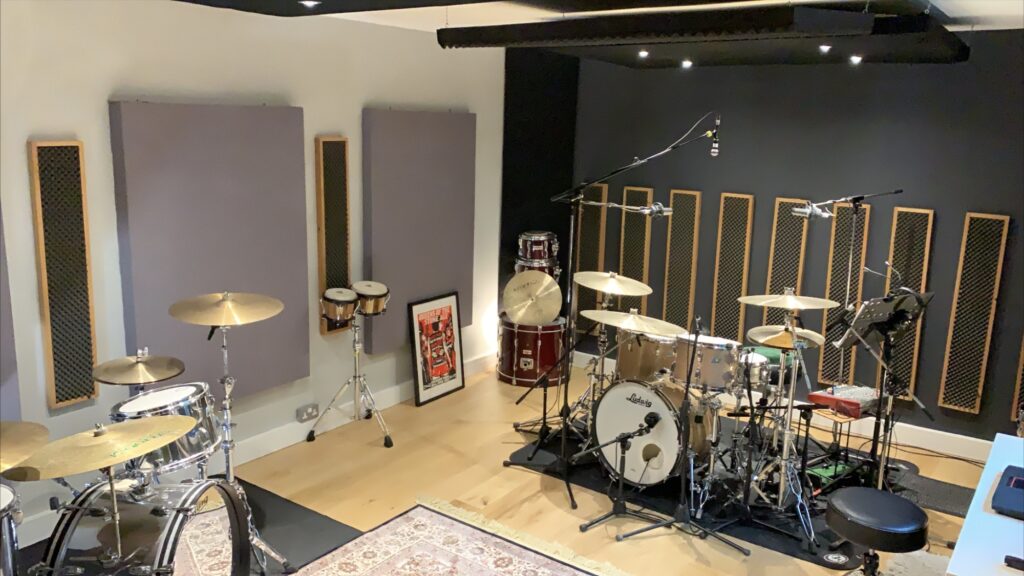Acoustic doors are a crucial element in any soundproofing project, offering significant noise reduction and privacy. Whether you’re outfitting a recording studio, a home theater, or a busy office, selecting the right acoustic door can make all the difference. In this article, we’ll explore the top features to look for in high-quality acoustic doors to ensure you get the best performance.
1. Sound Transmission Class (STC) Rating
The STC rating is a key indicator of how well a door can reduce sound transmission. The higher the STC rating, the better the door is at blocking noise. When choosing an acoustic door, look for one with an STC rating that matches your needs. For example, an STC rating of 50 or higher is ideal for environments where noise control is critical, such as recording studios or meeting rooms.

2. Material Composition
The materials used in an acoustic door significantly affect its soundproofing capabilities. High-quality acoustic doors are typically made from solid wood, metal, or composite materials that provide density and mass, which are essential for blocking sound. Additionally, some doors may include layers of soundproofing materials like Mass Loaded Vinyl (MLV) to enhance their effectiveness.
3. Sealing and Gasketing
Proper sealing is vital to prevent sound from leaking through gaps around the door. High-quality acoustic doors come with specialized seals and gaskets that create an airtight barrier when the door is closed. Look for doors with perimeter seals and automatic door bottoms that activate when the door is shut, ensuring maximum sound isolation.
4. Door Thickness
Thicker doors generally provide better soundproofing because they offer more mass to block sound waves. When selecting an acoustic door, consider the thickness of the door slab. High-quality acoustic doors are typically at least 1.75 inches thick, but some may be thicker, depending on the level of soundproofing required.
5. Door Core Type
The type of core inside the door plays a significant role in its acoustic performance. Solid core doors, often made from particleboard, MDF, or laminated wood, provide excellent sound insulation. Some high-end acoustic doors feature specialized cores designed to enhance soundproofing, such as honeycomb or sound-dampening cores.
Learn more: Solid Core vs Hollow Core Doors for Soundproofing
6. Fire-Rated Options
In some settings, fire safety is as important as soundproofing. High-quality acoustic doors may also offer fire-rated options, providing both sound insulation and protection against fire hazards. When choosing a door, check if it meets the necessary fire safety standards while still delivering the acoustic performance you need.
7. Aesthetic and Design
While functionality is crucial, the appearance of the door should not be overlooked. High-quality acoustic doors come in various finishes and styles to match your interior design. Whether you prefer a modern look or a classic finish, there’s an acoustic door that will complement your space while providing excellent soundproofing.
8. Ease of Installation
The installation process can impact the effectiveness of an acoustic door. High-quality doors are designed for easy installation with precise instructions and minimal modifications required. Ensure that the door you choose can be properly installed in your space to achieve the best soundproofing results.
Call us: Contact Waseem Technical Soundproofing Expert in Dubai For Soundproofing: +971 50 209 7517
Conclusion
Choosing the right acoustic door is essential for effective soundproofing. By considering factors such as STC rating, material composition, sealing, thickness, core type, fire-rating, aesthetics, and ease of installation, you can ensure that you select a door that meets your specific needs. Investing in a high-quality acoustic door will provide long-lasting sound isolation and enhance the comfort and functionality of your space.




